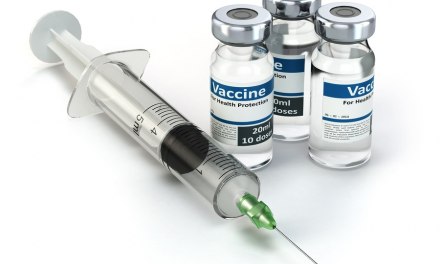Here’s an account of one woman’s experience of addiction to the practice known as “juuling.” The writer seems surprised that someone as health conscious as she would ever succumb to substance abuse.
She portrays herself as the sort who “gets HydraFacials and sips turmeric tea,” practices Hot Yoga (don’t ask me what that is), and whose “morning routine consists of transcendental meditation, light therapy and boxing before 8 am.” Yet she’s among the millions who over the past few years have picked up a vaping device only to discover how hard it is to put it down again.
I don’t find that surprising at all. No more so than, for instance, the fitness instructor who reported downing Adderall between Zumba classes, or the ultramarathoner who confessed to toking on a joint during races, or the addictionologist found unconscious on the floor of the men’s room, courtesy of an OD. And dozens of similar cases I’ve encountered over the years. If you work in treatment, you probably have, too.
Knowing that, we should have expected that tens of millions of Americans would mistake electronic smoking for a completely “safe” alternative to tobacco — including many young people with no history of tobacco use.
Of course safer than tobacco is perhaps the lowest standard I can think of. Seriously, almost everything is safer than tobacco. Except maybe radioactive waste.
Now America is faced with yet another serious health issue, courtesy of a gullible population and a few entrepreneurs out to get rich. I suppose we’ll be reading stories about how much the Juul makers knew in advance about the damage it could do, and how little that seemed to matter to them.
Weirdly, this idea that people with serious substance disorders are somehow unconcerned with their health is one I’ve run into before, within the medical community. “That’s why they won’t stop drinking or drugging, you know,” a family practitioner assured me, in an attempt to justify his flat refusal to accept anyone with a history of substance problems into his practice. “When you get right down to it, they just don’t care enough about themselves.”
It’s a view that ignores the obvious contradictory evidence. Like all those women who accepted diet pills from physicians in the belief that it was a safe way to lose weight– only to find themselves with a whole new set of troubles to deal with.
It goes along with another popular medical misconception, which is that the drinker or drug user is just seeking to commit slow suicide. “There’s no other possible motive,” a husband insisted about his wife. “She wants to die.” He was so convinced that I found myself wondering about his motives.
Far as I can tell, vaping is just nicotine addiction without the tar. I could understand how some vapers would find it more difficult to give up than cigarettes or snuff. The nicotine is often more concentrated and it could actually be easier to get hooked, the way crack seems to produce addiction more readily than the cocaine it’s made from.
I’m sure we’ll discover that some people are more vulnerable to vaping addiction than others, and may suffer more severe withdrawal discomfort when they quit. That’d be consistent with what science has already learned about nicotine in other forms.














It will be interesting to see what follows vaping.